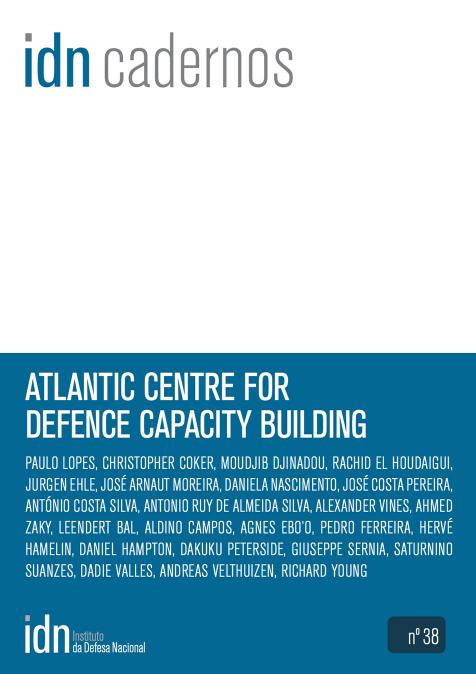Quelles réformes de l’administration publique dans le contexte post-COVID-19 : Expériences croisées
La crise sanitaire sans précédent que connait actuellement le monde a mis en exergue les failles structurelles des systèmes médicaux dans les pays développés, à cause des choix dictés par l’idéologie ultra-libérale et qui ont abouti à des coupes budgétaires sombres, notamment dans le secteur de la santé publique. Cette crise devrait modifier profondément les rôles de l’Etat. L’Etat joue traditionnellement plusieurs rôles : d’actionnaire à travers la prise de participation dans des entreprises, de développeur/stratège à travers l’allocation de ressources dans des secteurs qu’il considère judicieux de développer, de facilitateur/régulateur à travers la mise en place d’un environnement des affaires sain et sûr et de protecteur, à travers la protection des personnes et des biens (sécurité et protection sociale). De cette manière, l’Etat assume son rôle de décideur à travers la définition des grandes orientations et des choix stratégiques et la conduite de politiques publiques ayant pour objectif de développer un climat favorable de confiance et de mettre en place les conditions propices au progrès économique et social. Dans les mois et années qui viennent, les rôles de protecteur (sur le plan social), de stratège/développeur et de régulateur de l’Etat devraient se renforcer. A ce titre, nous devrions assister au retour en force de l’Etat Providence, pourtant si décrié ces trente dernières années –mis à part la courte parenthèse post-crise 2008. Cet Etat providence se caractérise actuellement, à l’échelle mondiale, par la mise en place de plans massifs de relance pratiqués par les pays afin de procéder au redressement de leurs économies en général. Ces plans de relance, généreusement dotés en termes de budget, se singularisent par le fait qu’ils agissent de manière concomitante sur l’offre, à travers le soutien aux entreprises, et sur la demande, à travers le soutien au pouvoir d’achat des ménages.







